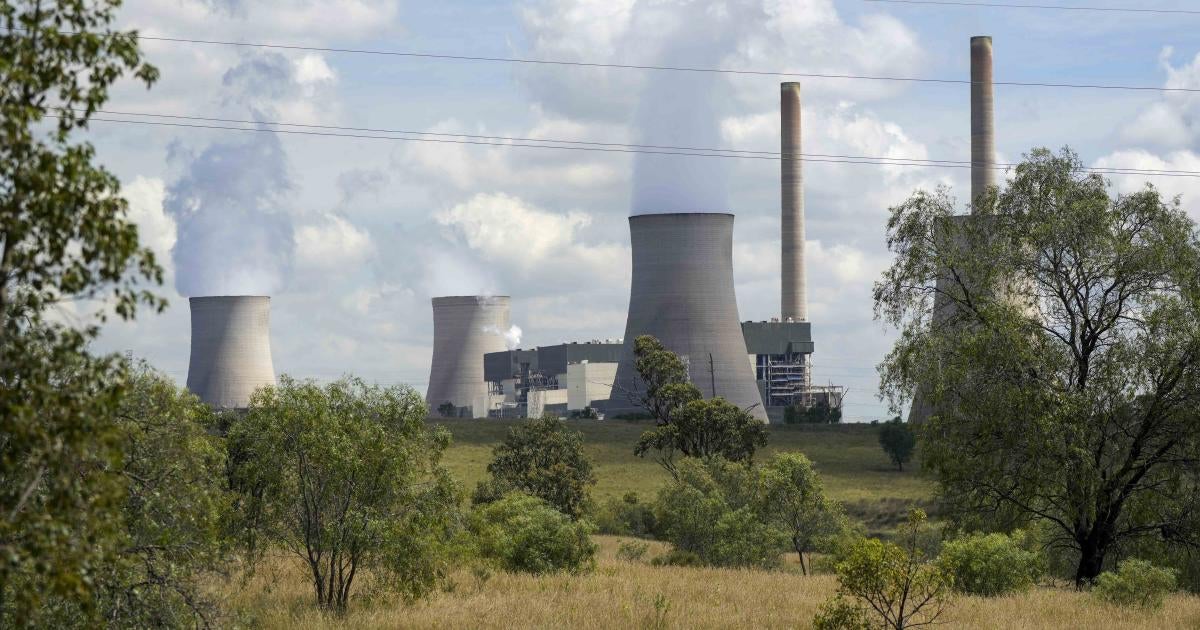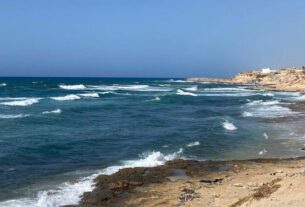Australian lawmakers are engaged in fierce debate over changes to the “Safeguard Mechanism,” which would require top polluting facilities to reduce emissions by 4.9 percent each year to 2030, or face penalties.
The policy covers 215 sites that emit more than 100,000 tons of carbon dioxide a year – 28 percent of Australia’s emissions. However, the mechanism would not rule out new fossil fuel projects from being developed if companies bought enough carbon offsets, which are not capped under the new plan.
The Greens, a minor party that can help the governing Labor party pass legislation in the upper house, offered to vote for the policy if the federal government also bans new coal and gas projects.
That call has been met with fierce protest from government members, with the resource minister labeling it as “economy wrecking.”
Ending fossil fuel expansion is the clear, urgent advice from scientific, energy and human rights experts if the world is to stay below 1.5 degrees Celsius of warming and help avoid the worst impacts of the climate crisis.
The climate crisis is one of the biggest global threats to human rights. The rights to life, water and sanitation, food, health, housing, self-determination, culture, development, and to a clean, healthy, and sustainable environment are all harmed under current conditions that will be existential if current projections of global heating are not avoided.
To meet their international human rights obligations, governments need to rapidly phase out the extraction, production, and use of fossil fuels.
Australia is one of the world’s largest exporters of coal and gas, and companies are currently making record-breaking profits from the continued burning of fossil fuels. Canberra is under intense lobbying pressure from the fossil fuel industry to keep approving new projects.
Some governments have already pledged to end new coal, oil and gas projects. In January Colombia’s government announced it will not approve new oil and gas projects, while the Scottish government declared a presumption against new oil and gas exploration.
Meanwhile, Costa Rica and Denmark have established the “Beyond Oil and Gas Alliance,” comprised of national and local governments from around the world, establishing and advocating for the phaseout of fossil fuel operations.
If the proposed “Safeguard Mechanism” allows new coal and gas projects to be developed in Australia, then the government won’t be upholding Australia’s human rights obligations under international law.


